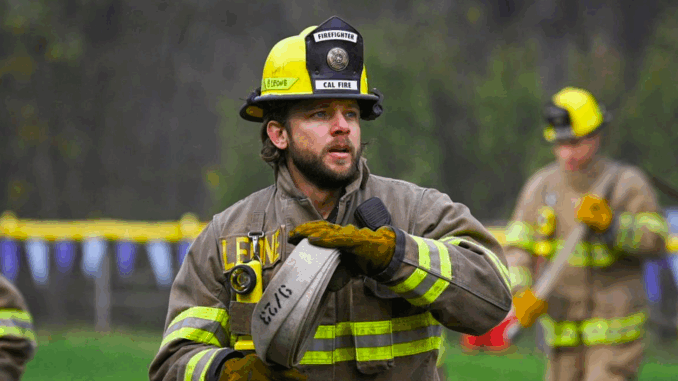
Few CBS dramas have made as much noise as Fire Country. Since its debut, the series has sparked passionate fandoms, inspired social media trends, and even revived tourism in filming locations across British Columbia, where much of the series is shot.
Part of its success lies in timing. In an era where climate change has made wildfires a near-constant headline, Fire Country blends urgency with storytelling. Audiences don’t just watch the characters fight fictional blazes—they see echoes of the real-life disasters happening across California and beyond.
The fandom has grown into a community of its own. Online forums dissect every plot twist, TikTok edits celebrate Bode’s resilience, and watch parties turn each episode into a collective experience. The conversations extend beyond TV: debates about prison reform, firefighting resources, and community resilience often emerge in the wake of an episode.
Moreover, Fire Country has found success by leaning into hope. Unlike grittier shows that drown in despair, it insists on second chances, family bonds, and the idea that even in destruction, there is rebirth. It’s aspirational television in the truest sense—rooted in hardship but always pointing toward redemption.
As CBS doubles down on its investment in the series, fans are already speculating about spinoffs, crossovers, and even film adaptations. Whatever comes next, one thing is certain: Fire Country has secured its place as not just a hit drama, but a cultural phenomenon.
